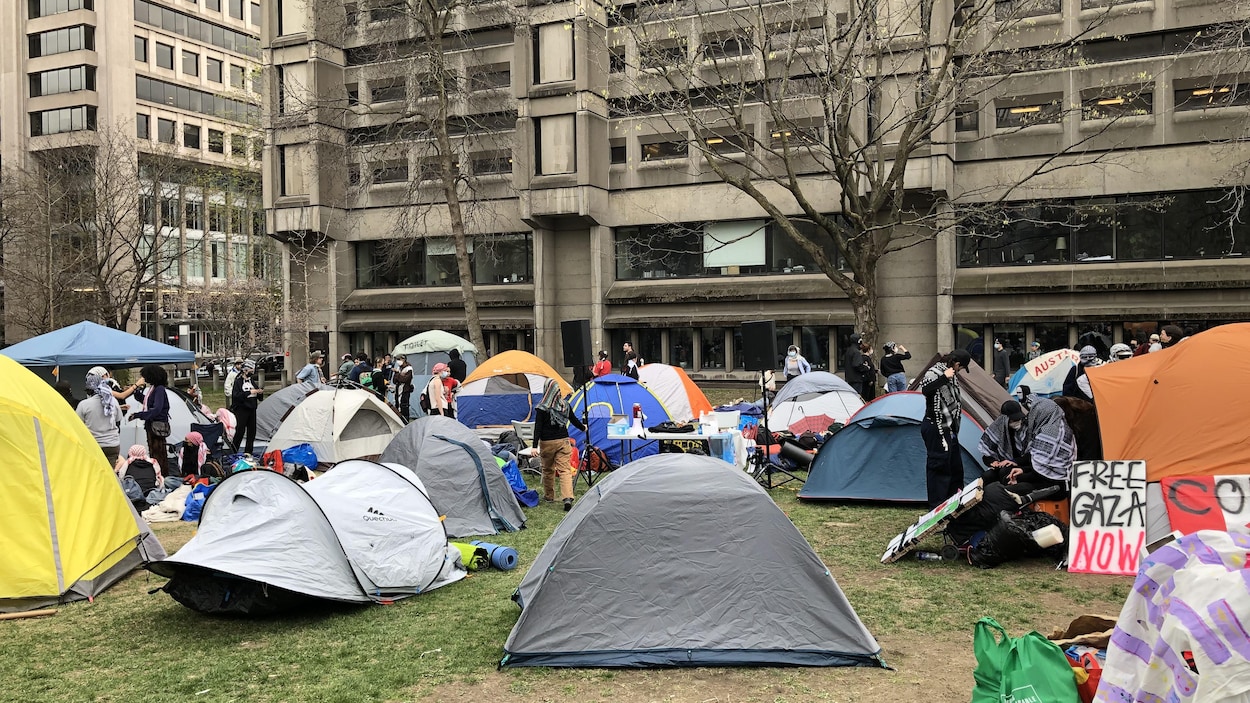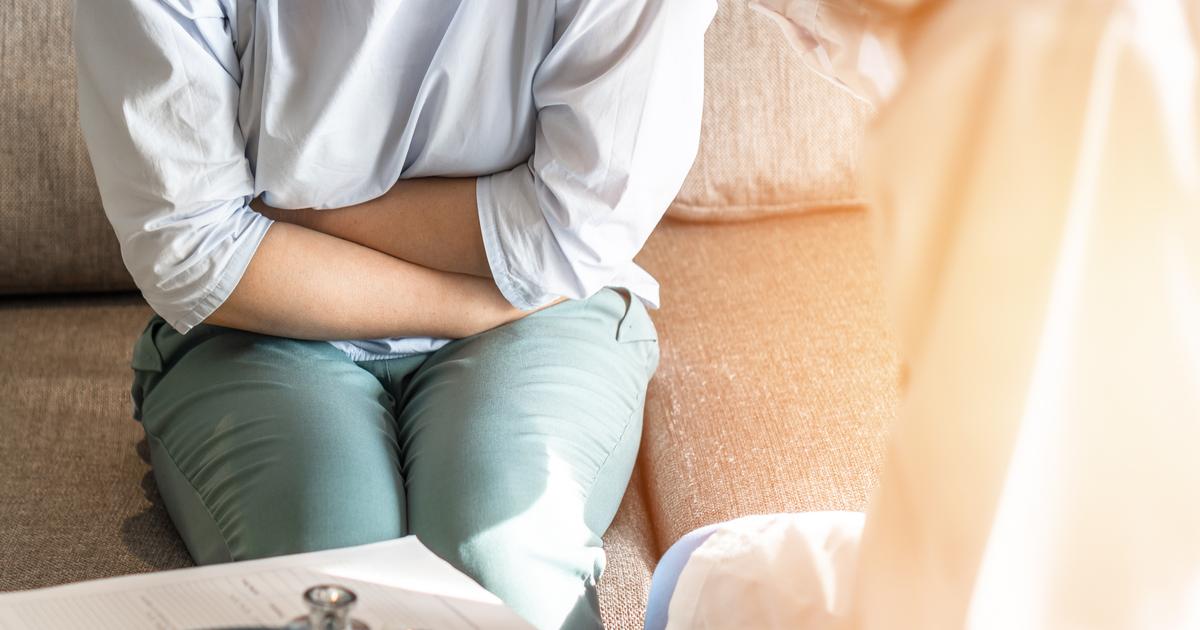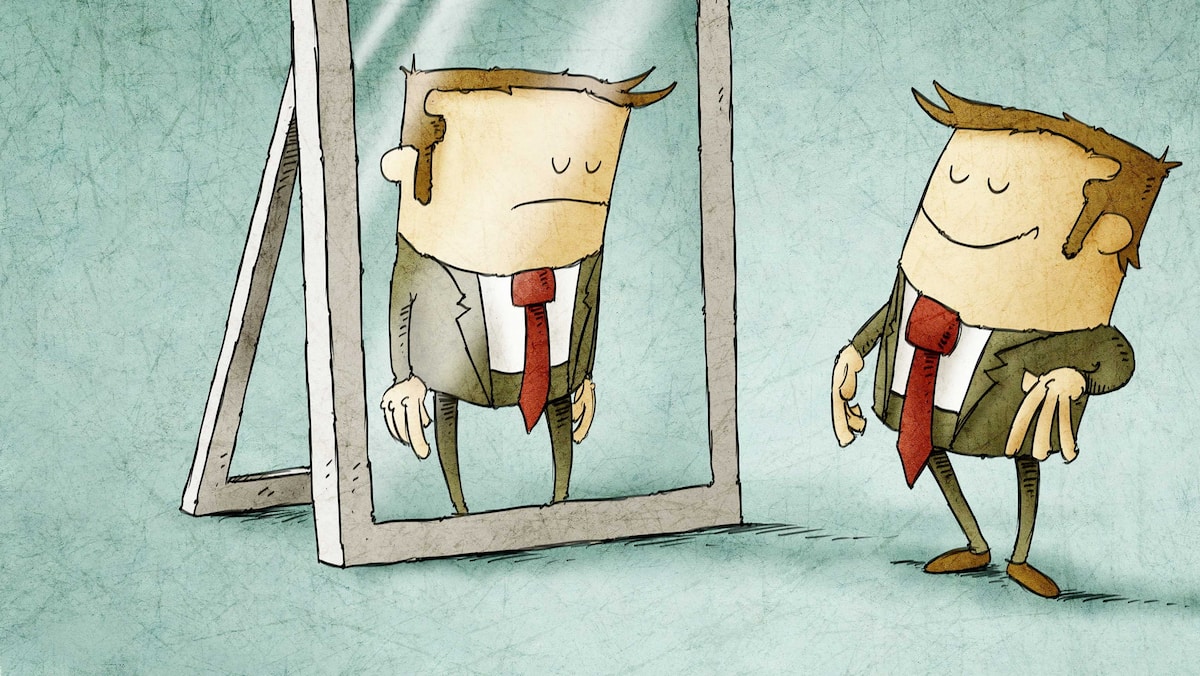At the end of a bitter campaign that deepened the continent’s racial divide, Australians clearly rejected the Aboriginal rights reform tabled in the referendum.
After counting votes from three-quarters of the country’s polling stations, 55% of voters appear to have voted “no” to a proposed text recognizing and granting indigenous peoples as the island continent’s first inhabitants. A specific “voice”.
984,000. The plan called for the creation of an advisory committee to parliament and government to advise on laws and public policies affecting the people, or 3.8% of Aboriginal, Aboriginal and Torres Strait Islander peoples. Australian population.
“Tonight, I want to acknowledge that this campaign has been a heavy burden for many Aboriginal and Torres Strait Islander peoples and that this decision will be very difficult to bear,” Australian Prime Minister Anthony Albanese said.
Initially largely in the majority, the camp in favor of changing the 1901 constitution has continued to lose ground in recent months, particularly due to a campaign by the conservative opposition led by former defense minister Peter Dutton.
For the conservative camp, the reform would have created divisions within society by creating constitutionalism and differences in citizenship.
“It was a tough decision, a very tough decision,” said “Yes23” campaign manager Dean Parkin. “We did everything we could and we’ll get back to it,” he promised.
The campaign led to an avalanche of racist comments in online media.
Misinformation was also spread, some of which suggested that property titles could be questioned or that compensation would have to be paid if the reform was passed.
For “The Voice” supporters, this reform will help heal the still-raw wounds of a past of colonialism and racial oppression.
Today, 200 years after British colonization, Indigenous Australians, who have lived on the continent for at least 60,000 years, have the same rights as other citizens, but they still suffer from severe inequalities.
“Day of Shame”
“Yes” supporter Karen Wyatt, 59, predicted before the vote that it would be a “shameful day for Australia” if “The Voice” was rejected.
Dee Duchesne, 60, who campaigned for “No”, explained that she wanted to “avoid adding an extra layer of bureaucracy to our constitution”.
He said he was called racist while distributing leaflets near a polling station in Sydney. “I’m not,” she says.
Aboriginal leader Thomas Mayo has expressed his anger at those who campaigned for a “No” vote.
“They lied to Australians. Australians must not forget this dishonesty.
“In our democracy there must be consequences for this kind of behavior and they cannot get away with it.”
Anthony Albanese, the centre-left prime minister who has been heavily involved in the campaign, launched a final appeal to voters on Saturday, who did not hear it. “It’s about respect for Indigenous Australians. It’s about how we see ourselves as a nation, but also about how the world sees us,” he argued.
Voting was made compulsory for Australia’s 17.5 million voters.
For the reform to be adopted, it needs not only a majority vote at the national level, but also in at least four of the country’s six states. She got nothing.
Watch the video

“Certified food fanatic. Extreme internet guru. Gamer. Evil beeraholic. Zombie ninja. Problem solver. Unapologetic alcohol lover.”







More Stories
An unusual new species of giant kangaroo has been discovered in Australia and New Guinea
Two churches in Australia became an incredible home
Sea Girls Announce Autumn 2024 UK & Ireland Tour